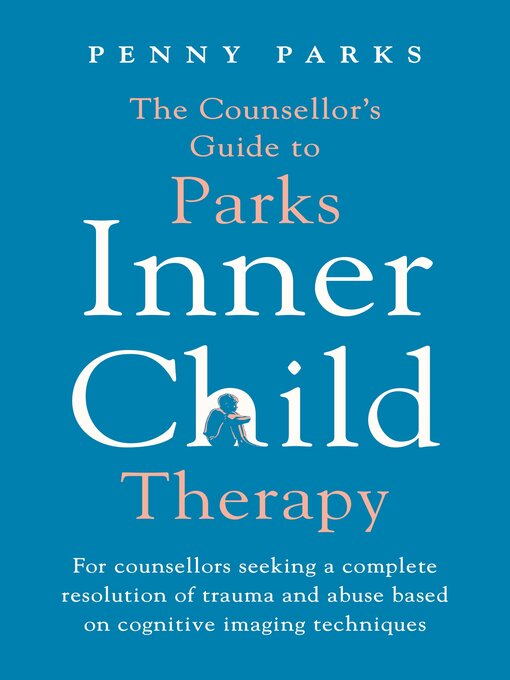Penny Parks' Rescuing the Inner Child has helped hundreds of counsellors who work with victims of child abuse, and they have often asked for further information to help in this work. The Counsellor's Guide to Parks Inner Child Therapy comprehensively covers all the tools and resources needed to work confidently in the field of child abuse.
Covering the processes of establishing rapport, memory retrieval, identifying and removing limiting beliefs, visualisation techniques, keeping clients on track, understanding clients' differing needs, dealing with grief and anger, the importance of assertiveness, identifying and shifting general blocks, intensifying happy memories, reframing guilt, shame and sexual difficulties, determining when a client is ready for change, defusing trauma response and dealing with the counsellor's own feelings.
This is an essential guide for trained counsellors and therapists, which will add insights and tools to their repertoire, as well as being a guide for use in a self-help programme. Giving clear information about the effects and treatments of childhood abuse, and illustrated with sample material and guidelines, this is a valuable reference for anyone working with victims of child abuse.
The standard guide advising counsellors how to deal with child abuse. Aimed at the counsellor and therapist it is a comprehensive manual of all the resources needed to work in this field. From advice on how to establish a rapport with a child and memory retrieval to relating to feelings of anger, guilt and shame it is easy-to-use and is an invaluable companion. There is also a section on dealing with the counsellor's own feelings. It can be used as part of a structured self-help programme or it can be used by an individual who is attempting to take responsibility for their own problems. It is written in a jargon-free style, accessible both to trained counsellors and those who were abused as children.

